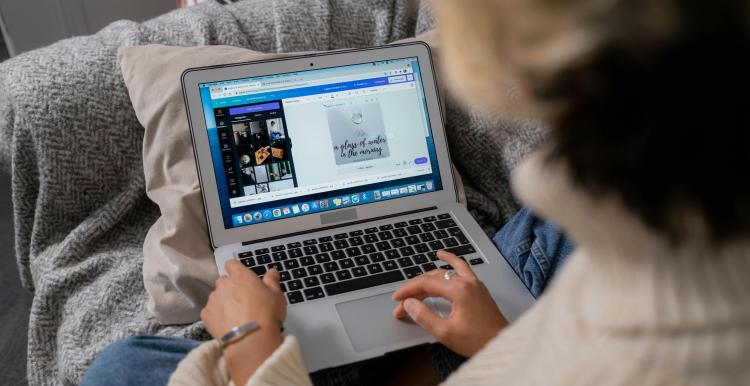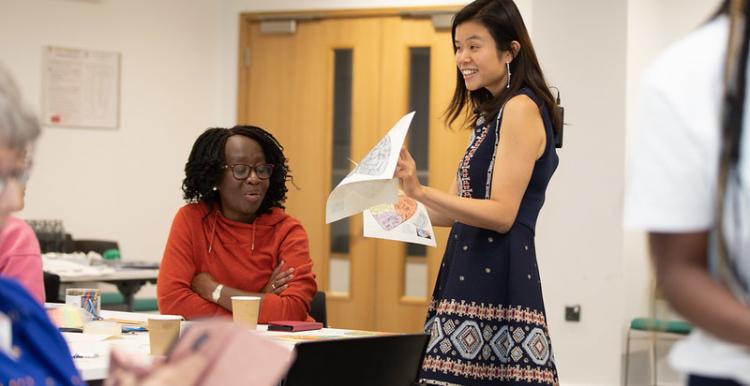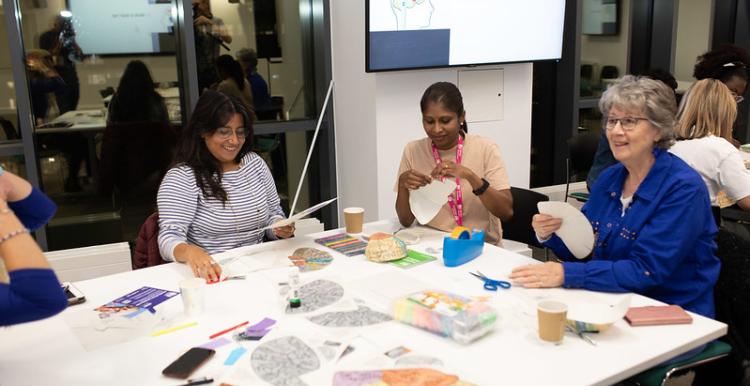How to use the framework
There is a page for each core activity with the keys skills you need to carry them out and the learning opportunities that will help you. New members of staff or volunteers may want to complete the whole pathway, more experienced people may just want to plug gaps in their learning.
Everyone learns differently so we have colour coded the different learning opportunities so you can choose which suits you best. Where there are several learning opportunities next to a skill, you can choose which suits you best and do as many as you wish. The links will take you straight to the session to book, the e-learning course or the resource to download.
From left to right you will see webinars, e-learning courses, peer network meetings, guidance documents then bespoke support. This is not in any priority order, just for ease of reading.



